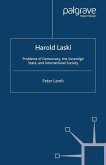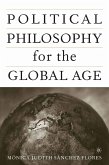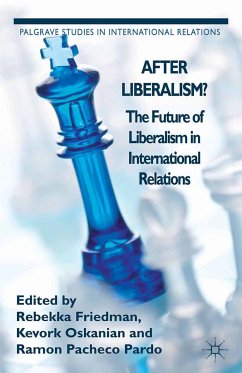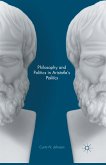Dieser Download kann aus rechtlichen Gründen nur mit Rechnungsadresse in A, B, BG, CY, CZ, D, DK, EW, E, FIN, F, GR, HR, H, IRL, I, LT, L, LR, M, NL, PL, P, R, S, SLO, SK ausgeliefert werden.
"Mónica Judith Sánchez-Flores's new book, Cosmopolitan Liberalism, is an intellectually lively, wide ranging, and timely contribution to one of the most significant debates in recent political philosophy and social theory. The strength and originality of her approach is evident from the outset, is impressively sustained throughout, and succeeds where others have at best claimed plausibility for positions that rested ultimately on old and compromised arguments. Sánchez-Flores drags liberalism into the twenty-first century and makes no apology for ditching most of the background assumptions and historical context to which, hitherto it has clung.
This book opens new and much wider horizons for contemporary political theory. This is no longer an argument, however sophisticated, between Enlightenment and Romanticism. The driving force of her argument sweeps aside the parochial modernity and Eurocentrism of standard debates and places the issue at the centre of a genuinely global, world historical perspective that embraces the vast diversity of human societies over time and space. There is no possibility, as a result, of 'saving' liberalism through an appeal to the presumed residual universality of reason(however flimsy), or f human rights (however contested). The genuine universality to which, nonetheless, she appeals is rooted (for modern western societies) in, but is not exclusive to, an older Judaic-Christian tradition that insists on the primal reality of compassion and love. In this sense Sánchez-Flores is not afraid to promote a practical, as well as theoretical, hermeneutics of the heart.
The entire book is written with passion as well as commitment, clarity as well as subtlety, and with an acute eye to the practicalities of everyday life as well as the sweep of history. It will immediately gain a prominent place in current political and social philosophy of the most serious kind." - Harvie Ferguson,
Professor of Sociology, University of Glasgow









